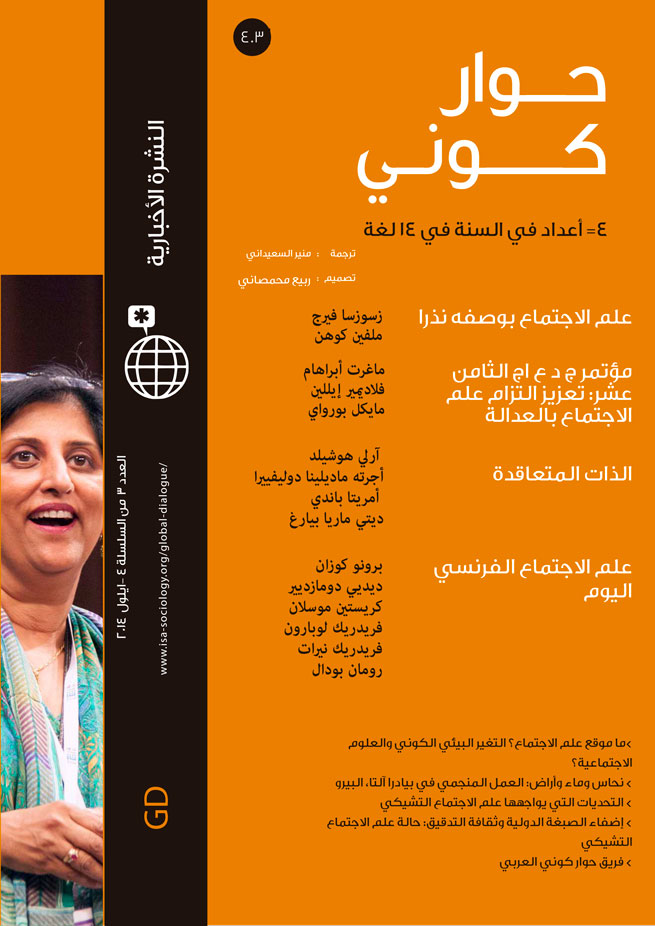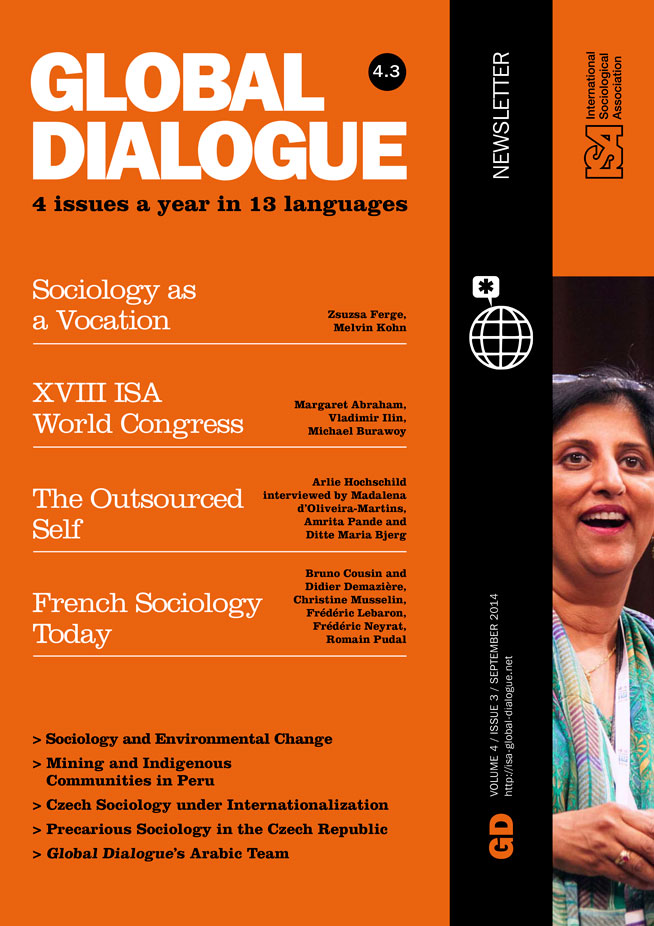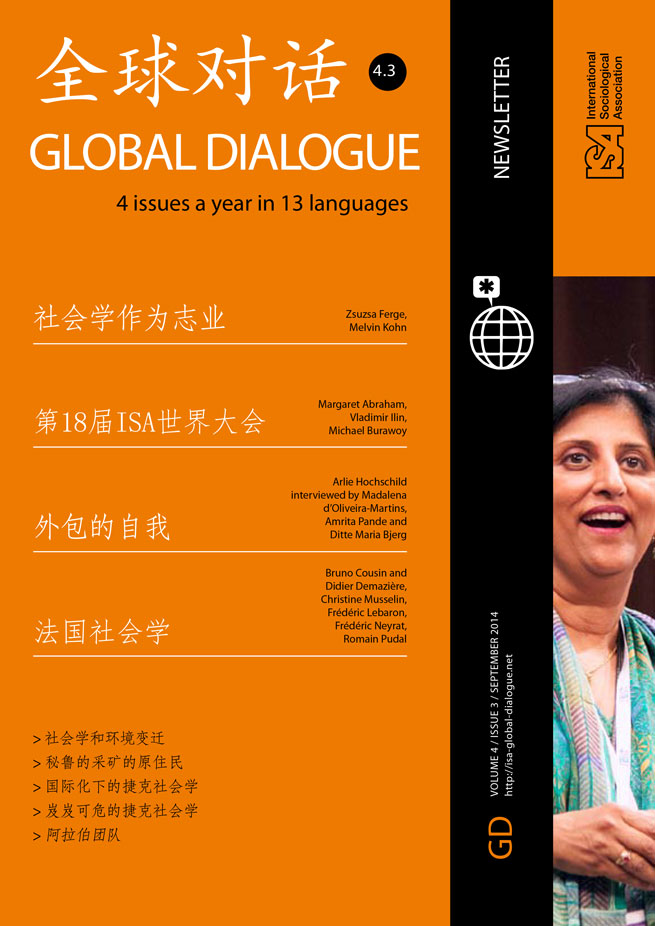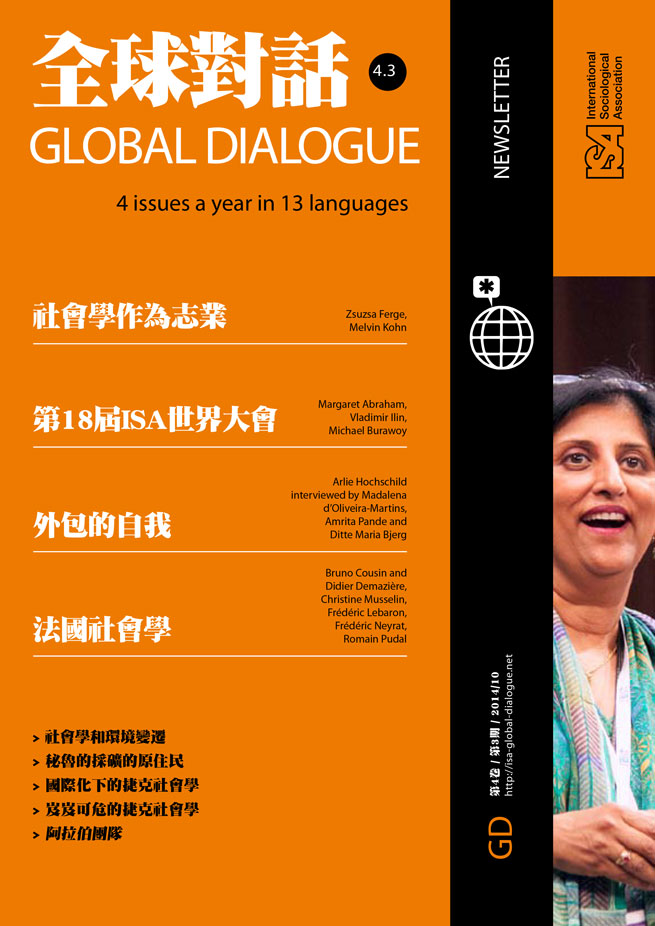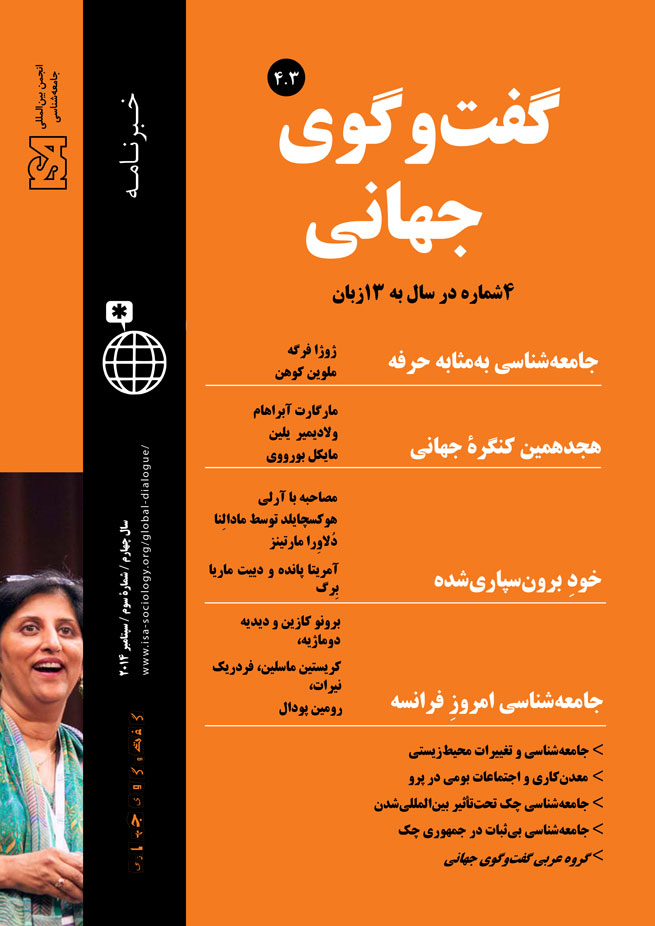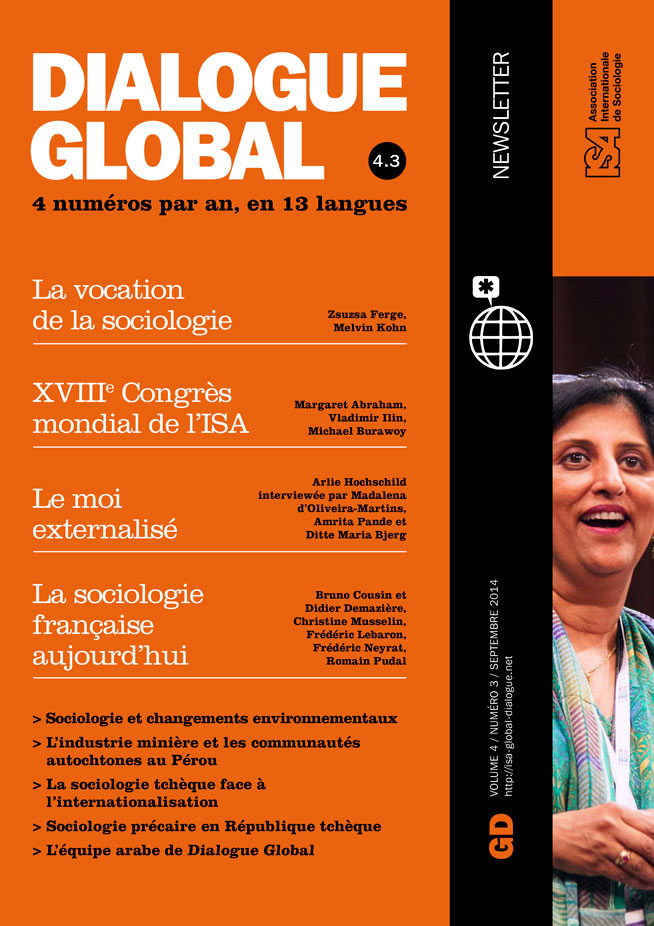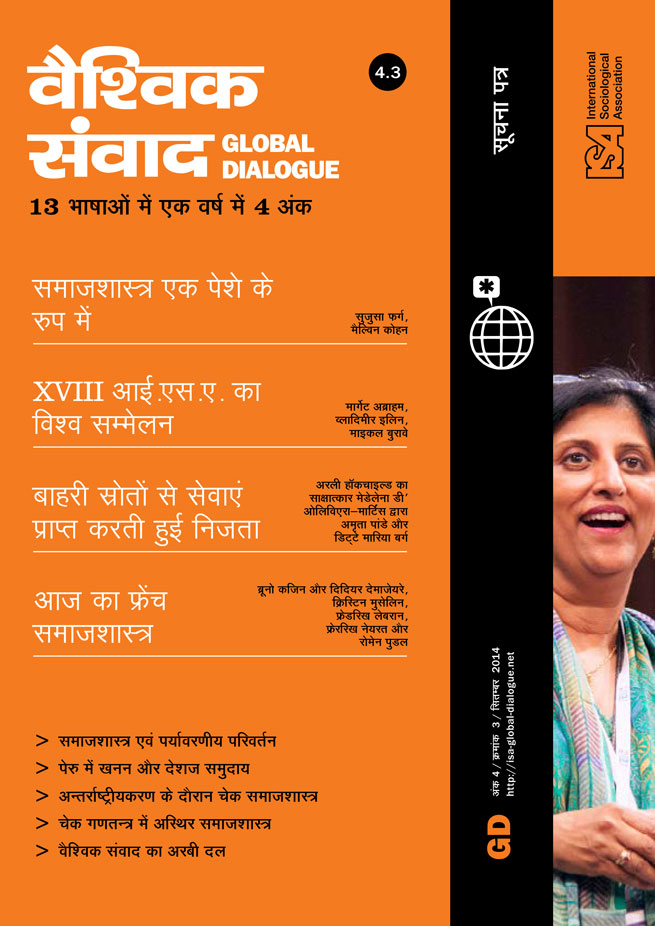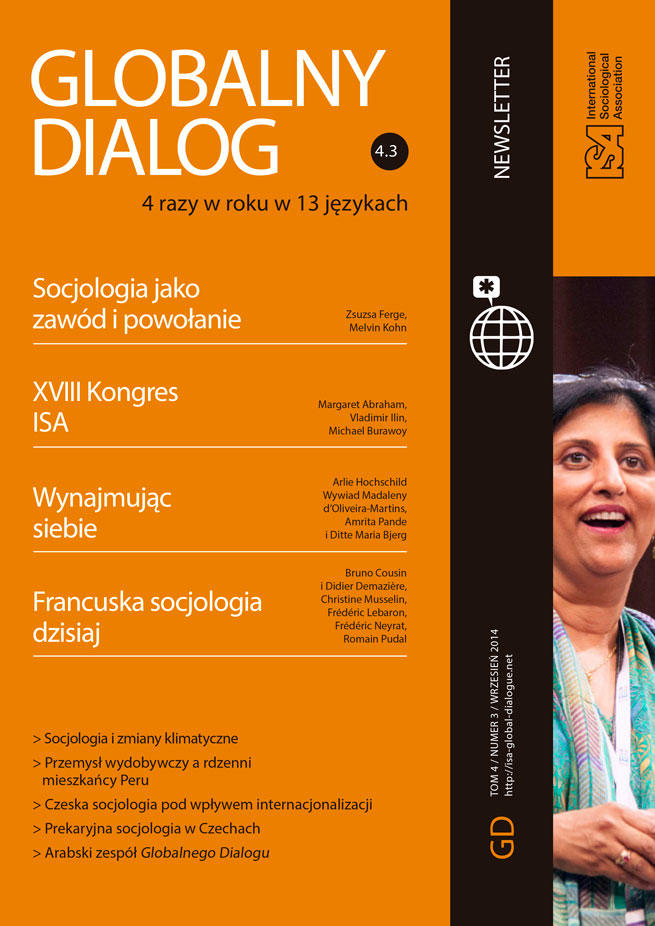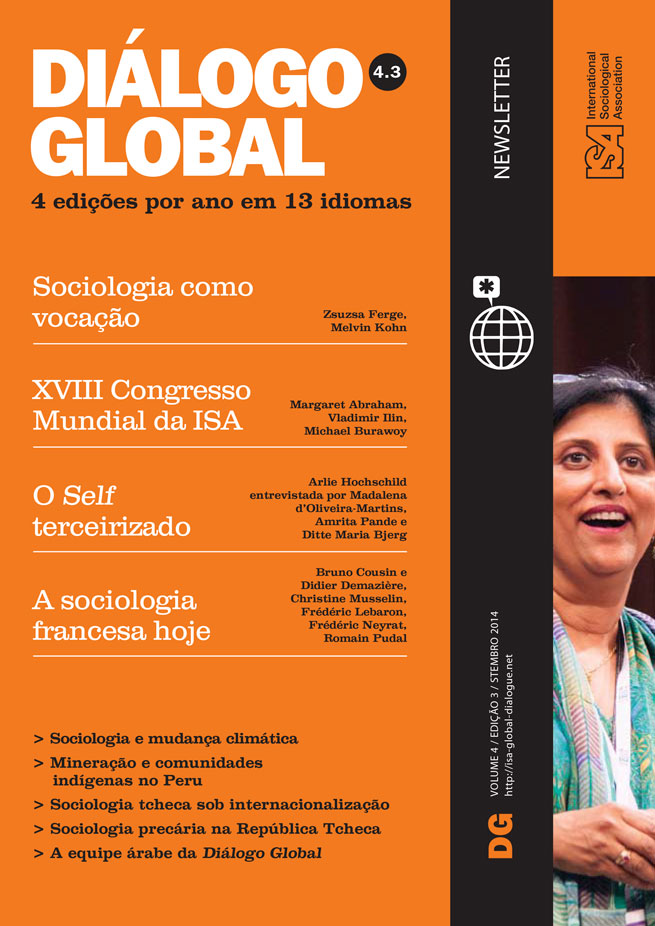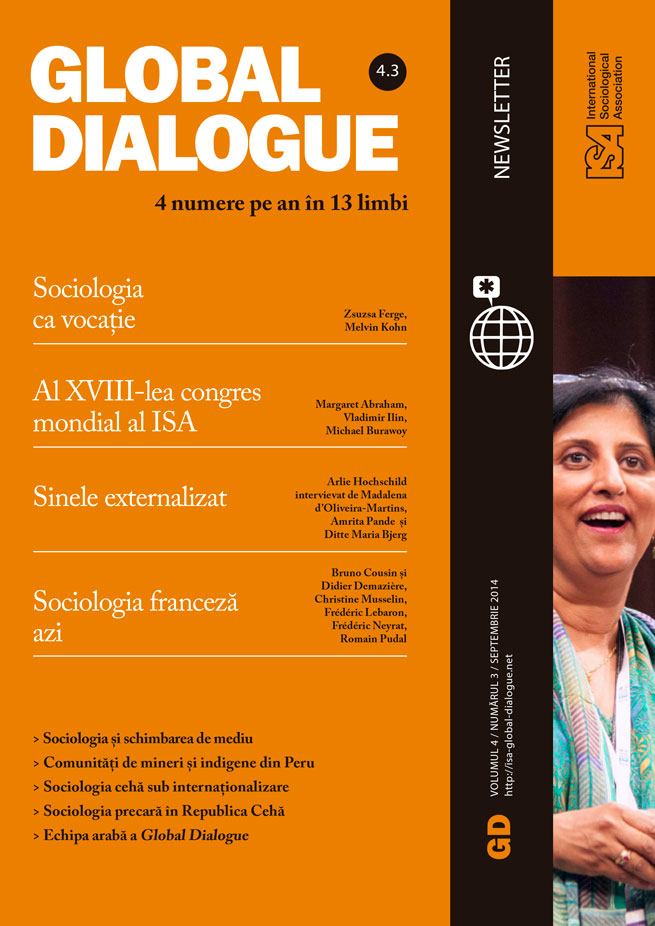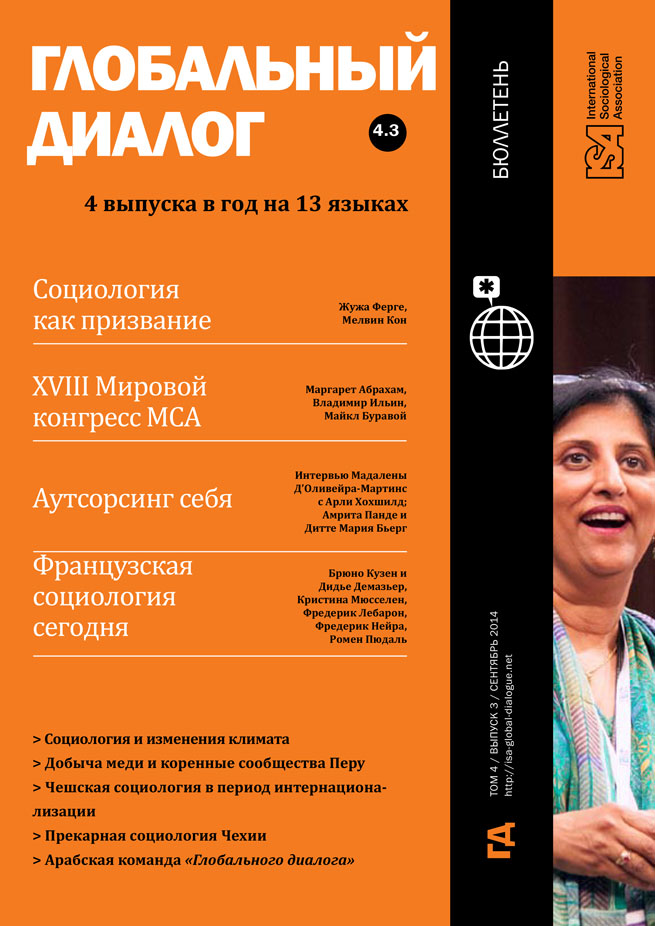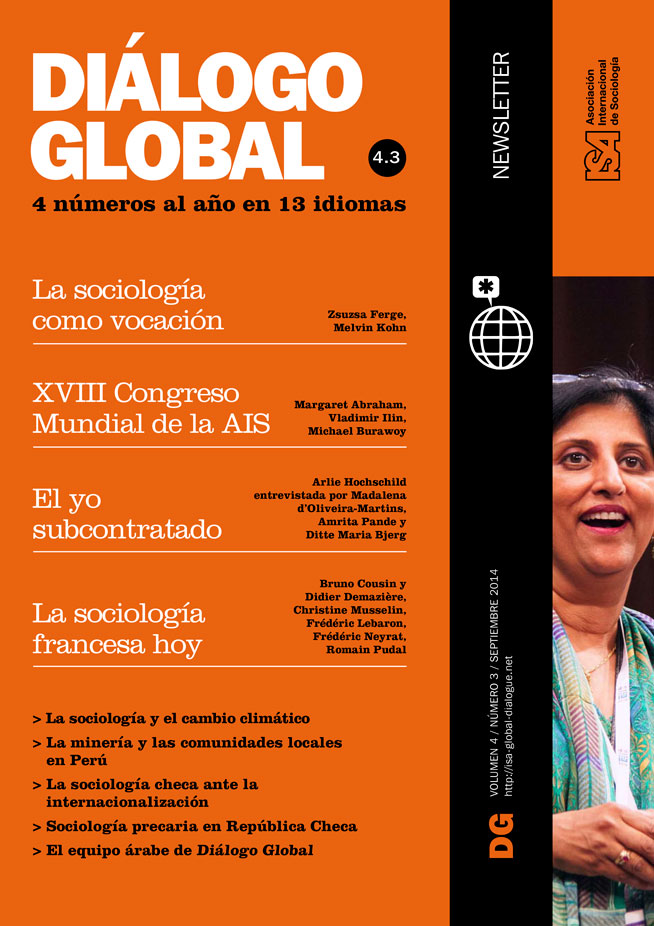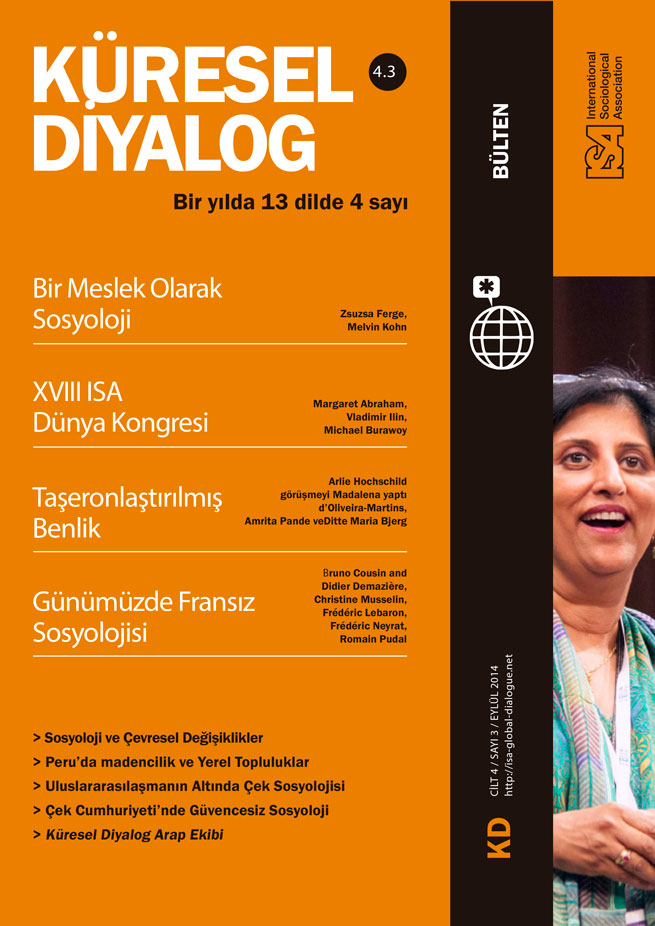Unlike sociological associations in other countries, the French Sociological Association (AFS) decided not to adopt a code of conduct for the sociological profession during its meeting in 2011 – a decision that came after several years of debate, in which the AFS set up working groups and examined existing codes in other countries, particularly in North America, to prepare the first drafts that sparked much debate.
The question of whether French sociology should adopt a “deontological code” or “human subjects protocol” was initially raised by a group of sociologists working for private firms, public agencies and other organizations outside academia, where codes of conduct exist for most professions. Drafts of a deontological code for sociologists were based on: codes of conduct charted by other sociological associations, consultants, health professionals or experimental scientists seeking to inform and protect their human subjects.
Debates on this topic were heated from the beginning – including in 2009, when Michael Burawoy gave a talk at the 3rd AFS Congress in Paris on his project The Colour of Class on the Copper Mines: From African Advancement to Zambianization (Manchester University Press, 1972). He explained that his research on racial discrimination in Zambia would have been impossible if he had been absolutely “transparent” about his objectives to the social actors in question. The talk reinforced the positions of those who opposed the adoption of a code of conduct to regulate the sociological profession.
Two years later, a final proposal for the code of conduct was presented and debated during the 4th AFS Congress in Grenoble (http://www.afs-socio.fr/sites/default/files/congres09/FormCharte.html). The proposal had two parts. The first part, which garnered broad support, focused on “best practices” for the profession, including the rights and responsibilities of doctoral students and their advisors; condemning plagiarism; alertness to exploitation, increased precariousness, harassment, and other forms of suffering at work that emerge both in higher education teaching and research. Nevertheless, there were also many criticisms regarding the low effectiveness of the code to settle disagreements. Would it be necessary to create some kind of disciplinary board for sociology? Who would be part of it and how would its legitimacy be ensured? What would it look like? What means would it have at its disposal to act and to exert punishment? Would the AFS dismiss a colleague judged “guilty” of a given “abuse”? These questions highlighted difficulties in reaching agreements both on the principles that would regulate the sociological profession as well on these potential disciplinary actions. Moreover, even if a code of conduct were adopted, it would have no means of legal enforcement.
The second part of the proposal – regarding a set of “best practices” for research in the social sciences – was more heavily criticized. In particular, the following paragraph set off many hesitations and disagreements:
"Sociologists have the responsibility of clearly explaining their research to the individuals who will participate in it. In order to fully understand why they are being asked to participate in a given project, individuals must be informed of the following: research topic; objective; who is responsible for the research project; who is conducting the research; who is funding it; how will results be shared and used. Sociologists cannot use data recording instruments (audio recorders, cameras, etc.) without the agreement of research participants. When they are to record or film a situation, they must tell research participants why they are doing so."
Those who endorsed the rules stated above drew inspiration from disciplines such as medicine, biology or psychology. They called for greater transparency in sociological research and the protection of human subjects, particularly in terms of ensuring the correct use of their information or other data collected by sociologists. As praiseworthy as these principles may seem, they quickly sparked debates and controversies summed up in an edited volume by Sylvain Laurens and Frédéric Neyrat, Enquêter : de quel droit ? Menaces sur l’enquête en sciences sociales (Éditions du Croquant, 2010).
Those who opposed the adoption of a code of conduct focused on defending “covert research”: research where participants are fully or partially unaware of the purpose of a research project or a researcher’s status as a sociologist. Some of the most famous examples are classics in the social sciences. The work of Michael Burawoy cited above is one example, along with Donald Roy’s research on factory work; Paul Willis’s Learning to Labor: How Working Class Kids Get Working Class Jobs (Columbia University Press, 1977); or the controversial piece by Laud Humphreys on the “tea-rooming.” Many argued that this type of research should continue without the limitations that a code of conduct would bring, particularly if the code were to be implemented by Institutional Review Board members who are not sociologists. Instead, the freedom of sociologists should be preserved through exclusive peer evaluation of sociological work – in its methodological, theoretical and ethical dimensions. All of these points were raised as imperatives for sociological research.
In sum, as these questions were raised, answers became increasingly clear. Would we be able to conduct research on institutional discrimination, corruption in politics, economics or journalism, power as it plays out in a minister’s private office, among managers or in the secluded social worlds of elusive elites if we had to comply with the research constraints imposed by such a code of conduct? The response is obvious: no.
Despite the debates, the paragraph mentioned above was kept in the code proposal, raising increased hostility from French sociologists defending covert research. All agreed that ethical, deontological and epistemological questions should be raised. Nevertheless, the idea that the AFS might adopt a deontological code that could hinder research was seen as surrendering to inadmissible politico-administrative injunctions, as well as prompting an impasse for sociological work.
Hence, the code was rejected. Freedom of sociological research was reaffirmed. French sociologists reminded each other that part of their job is to unmask the multiple inequalities and forms of domination operating in the social world, through their research which will, in any case, need to be submitted for peer review before publication.
Romain Pudal, CNRS (CURAPP-ESS), Amiens, France <romain.pudal@free.fr>

